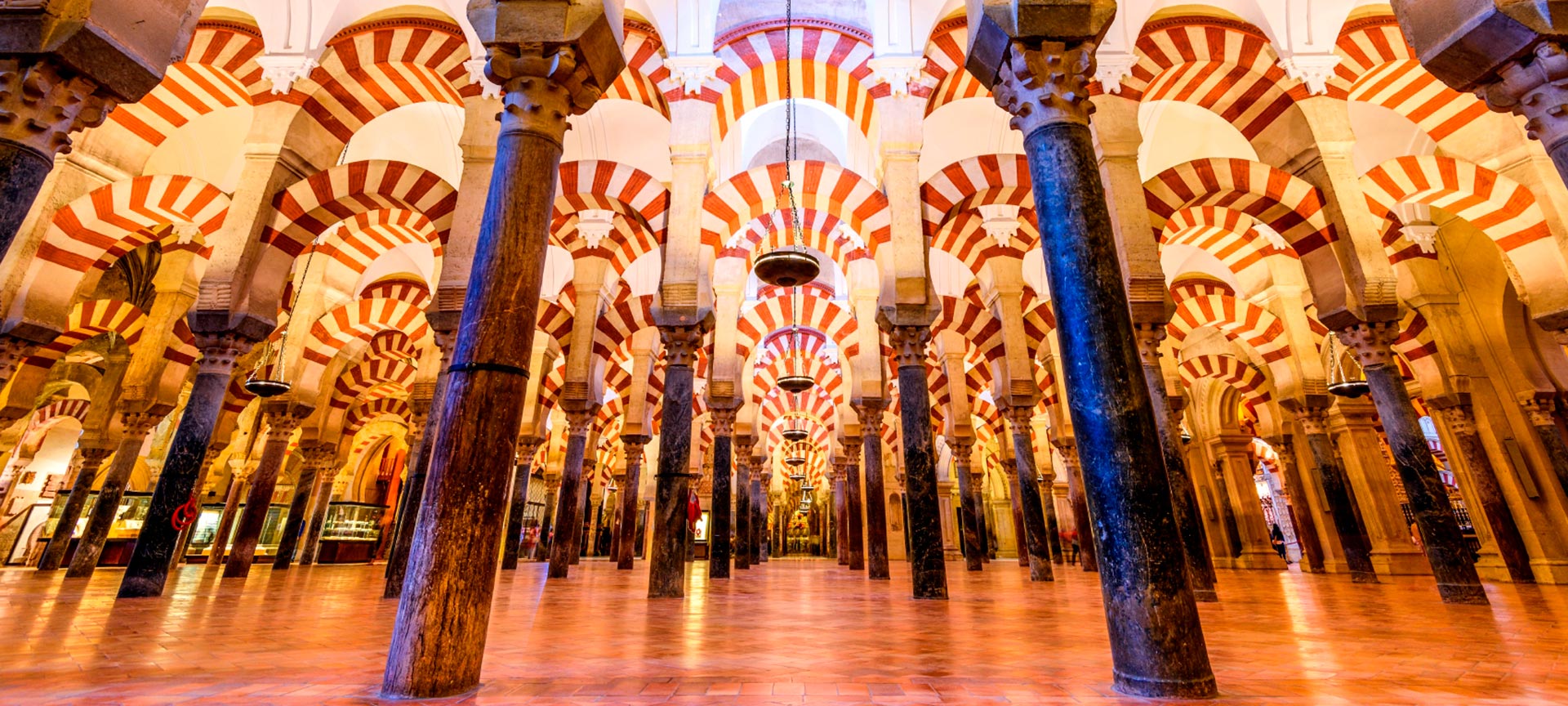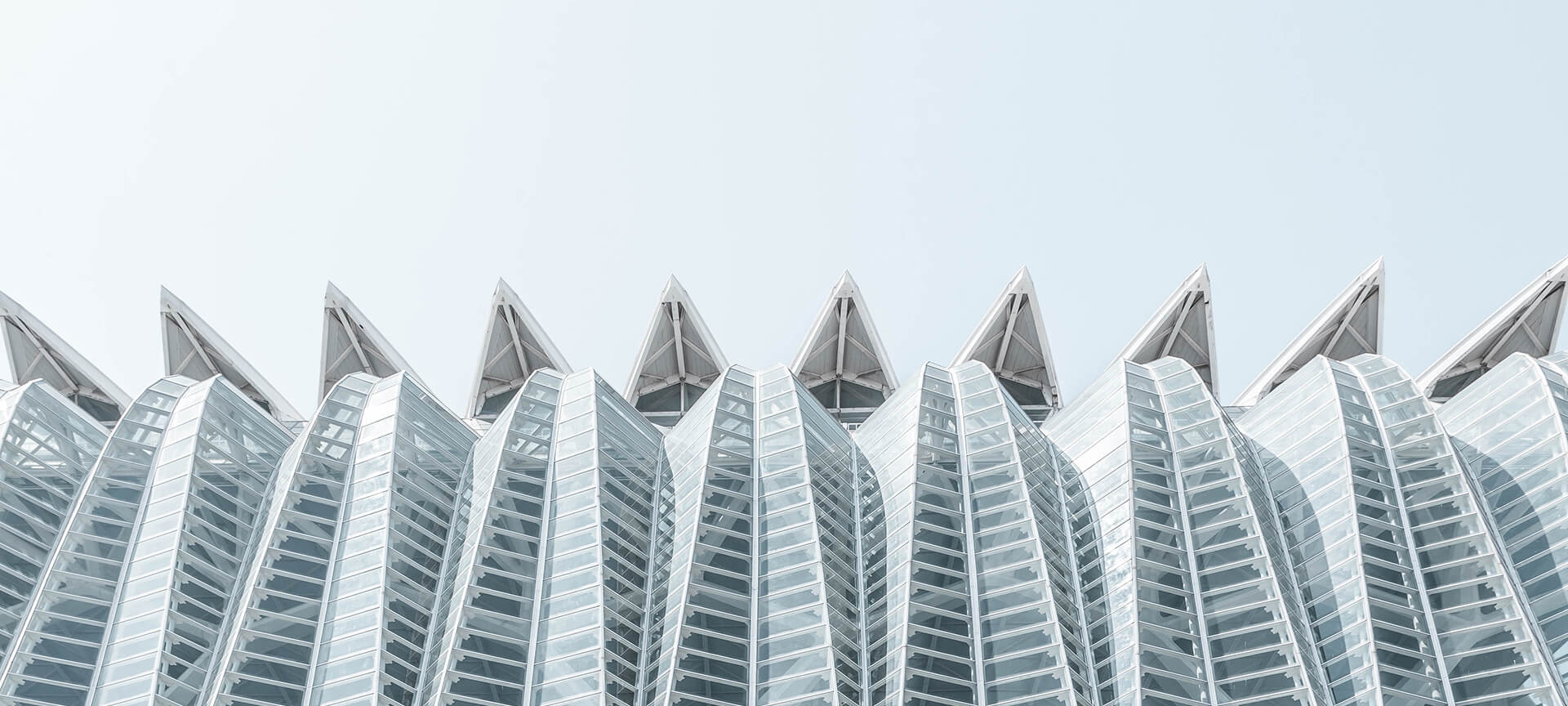
A tour of the most futuristic buildings on Spain’s Mediterranean coast
Do you like things that are different, new and original? Then you’re sure to enjoy the most futuristic architecture of Spain’s Mediterranean coast. From the strange shapes of works by Santiago Calatrava to the cosmopolitan style of one of Barcelona’s best-known buildings. We’ll show you some of the most authentic buildings to be found. Whether or not you’re an architecture buff, you’ll like this suggestion. See some of the most striking and original constructions to be found on Spain’s Mediterranean coast, from Catalonia to the Region of Murcia.
Debe activar Javascript para poder utilizar este servicio
-
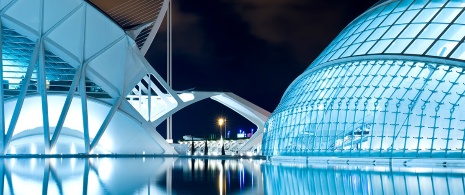
City of Arts and Sciences
This work by architect Santiago Calatrava is simply unmissable in Valencia. The surprising constructions house the largest aquarium in Europe, a science museum and a 3D cinema, among other things. It is an example of futurist architecture by an architect with additional work in Spain, such as the Auditorio de Tenerife and the Oviedo Conference Centre.
-
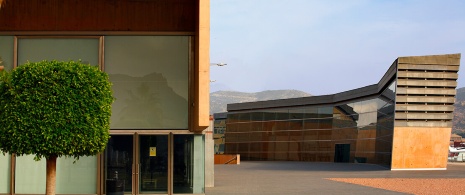
ARQUA, National Museum of Underwater Archaeology in Cartagena
A metaphorical design which honours the museum’s content and invites visitors to dive into underwater archaeology. Its exhibition hall is below sea level, with a skylight built into the structure giving a glimpse of the permanent collection.
-
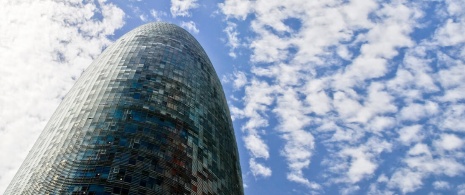
Torre Glòries, Barcelona
This 144-metre-high glass cylinder was incorporated into the city in 2005. You might be interested to know that the architect, Jean Nouvel, wanted to emulate the shapes of the world-famous Sagrada Familia and the nearby Montserrat mountain. It is impossible to miss as it is specially lit up at night.
-
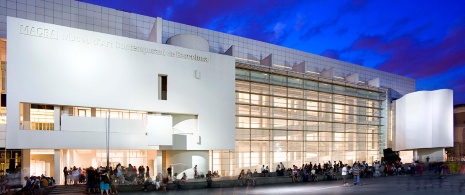
Barcelona Museum of Contemporary Art-MACBA
This museum is, in a way, a modern offshoot of Barcelona’s Gothic Quarter. According to its architect, Richard Meier, its many interconnected open spaces represent the extensive network of squares and courtyards in the convents, monasteries and palaces of the city’s medieval neighbourhood. Transparency, natural light, and white walls are the other features of Barcelona’s space for contemporary art.
-
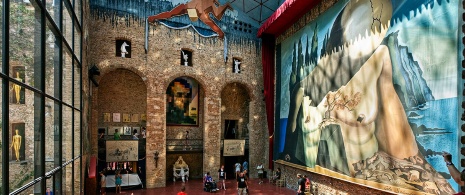
Dalí Theatre-Museum in Figueres
Of course, this is not a recent construction, but it is the work of a visionary: Salvador Dalí. His surrealism imbued the building with both futurism and whimsy, full of shapes, figures and decoration which transport us to unknown territories. It’s considered to be the world’s largest Surrealist object.
You can find more examples in our leaflet of contemporary architecture in Spain.
Travel plans for inspiring you








